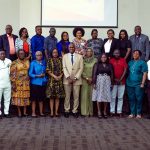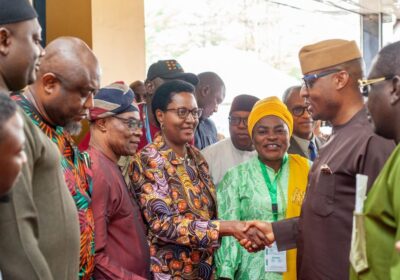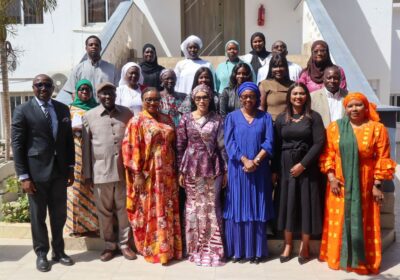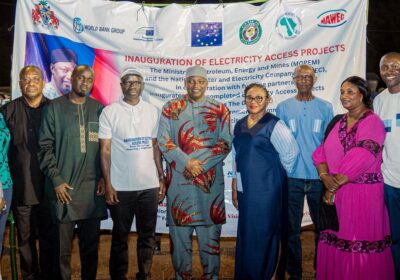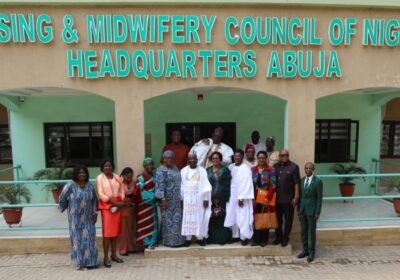STORY OF AN URBAN ENVIRONMENT AND LIFESTYLE OF A CITY.
By Ghaliya Ali Khan.
Paradigm Communications through its international correspondents have commenced focus on reporting development around urban and rural communities around the world with a view of revealing what unites or divides cities amidst widening gaps in politics, economics and demographics as they share many aspects of community life.
First of this series of reports is our focus on Islamabad, the capital city of Pakistan which is described as ‘‘a vibrant metropolis known for its political significance, cultural diversity, and economic growth’’. As it continues to evolve, the city faces a delicate balance between urban expansion and preserving its image. In this article, we will explore the lifestyle trends and urban environment of Islamabad, shedding light on the challenges and opportunities that lie ahead.
Urban Expansion and Its Impact:
As the nation’s political epicentre, Islamabad has experienced rapid urban expansion over the years. This growth is driven by the establishment of government offices, foreign embassies, and an influx of businesses, which have contributed to the city’s economic prosperity. However, this expansion has come with its fair share of challenges.
Many have provided insights and have said as a highlight that the potential threats to Islamabad’s image is due to unchecked urbanization (“Urban Expansion Threatens Capital’s Image”). They emphasized the importance of responsible urban planning to ensure that the city’s identity and cultural heritage are preserved amid ongoing development.
Balancing Lifestyle Trends and Tradition: The lifestyle of urban youth in Pakistan has been undergoing significant transformations in recent years. A research paper titled “Changing Trends in the Lifestyle of Pakistani Urban Youth: Glimpses from Lahore” published by the Centre for Public Policy and Governance (CPPG) provides valuable insights into this aspect. While the research is focused on Lahore, it reflects broader trends prevalent in major cities like Islamabad.
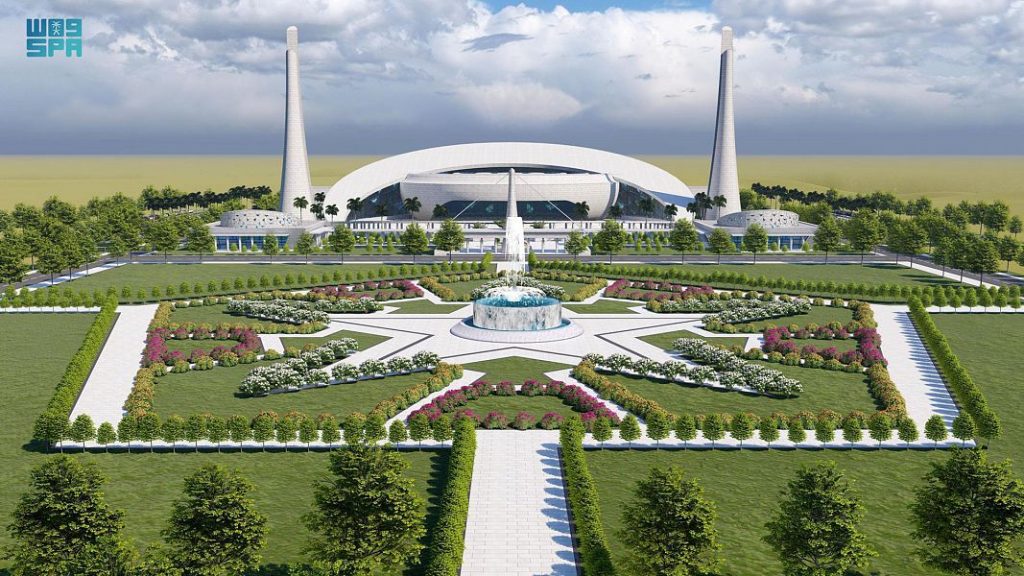
The lifestyle preferences of the youth in Islamabad have evolved with globalization and increased exposure to technology. Western influences have contributed to shifts in fashion, entertainment, and social habits. However, the city’s youth still cherish their cultural values and traditions, displaying a unique blend of modernity and heritage.
Urban Environment and Sustainability: As urbanization continues, Islamabad faces the challenge of maintaining a sustainable urban environment. With rising population density and increased vehicular traffic, the city must address issues like traffic congestion, air pollution, and waste management.
A scientific article published in Elsevier’s Cities Journal, titled “Urban Air Quality Challenges in Developing Cities: Case Study of Islamabad,” highlights the significance of managing air pollution for the well-being of urban residents (“Urban Air Quality Challenges in Developing Cities”). The research emphasizes the need for collaborative efforts between the government, citizens, and industries to improve air quality and create a healthier urban environment.
Preserving Islamabad’s Charm in the International Community:
As Islamabad strives to be an attractive destination for tourists and the international community, it must actively promote its unique cultural heritage and maintain a secure and stable environment. International events, cultural exchanges, and displaying traditional crafts and arts can help project the city’s identity on a global platform.
Conclusion:
Islamabad’s lifestyle and urban environment have evolved with time, reflecting the complexities of a developing metropolis. As the city continues to grow, it must strike a balance between progress and preserving its rich cultural heritage. By adopting sustainable urban planning, addressing environmental challenges, and promoting its unique identity, Islamabad can cement its position as a dynamic and appealing member of the international community.
This Article is written by Ghaliya Khan. Khan is a Student of Law, Psychology, Sociology, and French at Beaconhouse Margalla Campus Islamabad, Pakistan. She captured in this article what you need to know about the city of Islamabad that is excellent enough to make you visit the city and have a feel of it. She serves as an Intern with the Paradigm Communications, Jalingo, Taraba State North –East Nigeria



